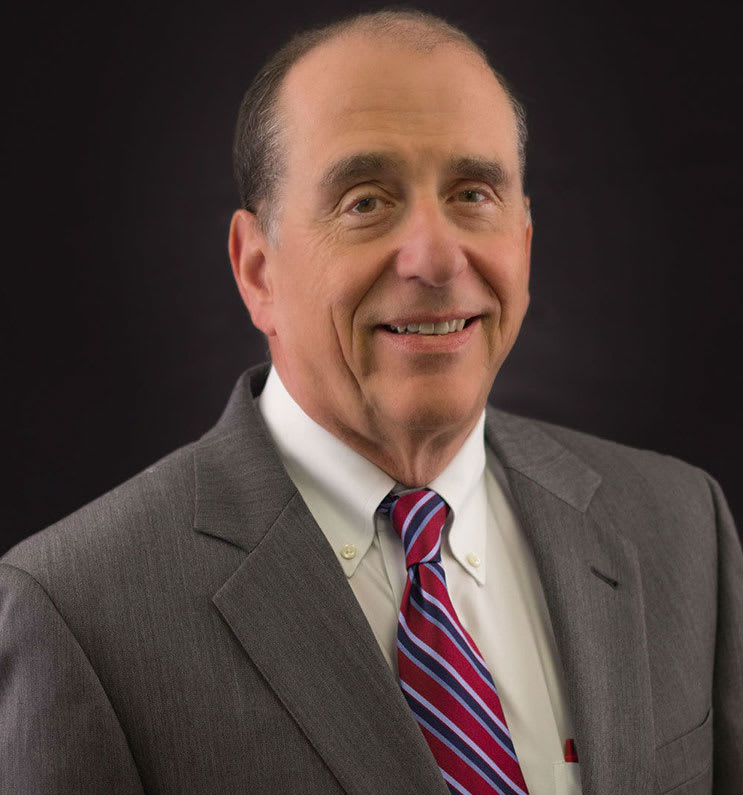
Joel N. Kreizman
Partner
732-568-8363 jkreizman@sh-law.comFirm Insights
Author: Joel N. Kreizman
Date: June 30, 2014

Partner
732-568-8363 jkreizman@sh-law.com
The Supreme Court of New Jersey recently agreed to consider Lippman v. Ethicon. The issue before the court is whether a plaintiff who reports conduct as part of his or her job is entitled to the whistle-blowing protections afforded under the Conscientious Employee Protection Act (CEPA).
Plaintiff Joel S. Lippman, M.D. filed a complaint against his former employer, defendant Ethicon, Inc., a subsidiary of Johnson & Johnson, Inc., for CEPA violations. He specifically alleged that he was terminated from his position as the vice president of medical affairs because he consistently advocated positions that favored the recall of products that, in his professional opinion, were dangerous to the public.
In defense of the suit, Ethicon maintained that Lippman was terminated because he had an inappropriate relationship with someone who worked directly for him. It further argued that Lippman’s acts did not constitute whistle-blowing activities under CEPA because they were part of his job-related duties.
The Appellate Division overturned the trial court’s dismissal of the whistleblower suit. In so ruling, it rejected the lower court’s ruling that Lippman “failed to show that he performed a whistle-blowing activity” because it was part of his job description.
“In our view, it would be a sad irony indeed if such a ‘watchdog’ employee, like plaintiff, would be deemed by a court to fall outside the wall of protection created by the Legislature to whistleblowers. If an individual’s job is to protect the public from exposure to dangerous defective medical products, CEPA does not permit the employer to retaliate against that individual because of his or her performance of duties in good faith, and consistent with the job description,” the Appellate Division explained.
The court further noted that so-called “watchdog” employees like Lippman are the “most vulnerable to retaliation because they are uniquely positioned to know where the problem areas are and to speak out when corporate profits are put ahead of consumer safety.”
While the appeals court ruled in favor of Lippman, other panels have ruled otherwise. In Massarano v. N.J. Transit, the Appellate Division ruled that a plaintiff was not entitled to whistleblower protection after reporting that key documents were thrown away in a dumpster, finding that she was just “doing her job as the security operations manager by reporting her findings and her opinion…” On the basis of this 2008 precedential decision, New Jersey courts have rejected similar CEPA claims. To resolve the conflict, the state Supreme Court must now decide whether watchdogs can be whistleblowers under CEPA.
If you have any questions about this case or would like to discuss New Jersey’s whistleblower laws, please contact me, Joel Kreizman, or the Scarinci Hollenbeck attorney with whom you work.
No Aspect of the advertisement has been approved by the Supreme Court. Results may vary depending on your particular facts and legal circumstances.

Using chattel paper to obtain a security interest in personal property is a powerful tool. It can ensure lenders have a legal claim on collateral ranging from inventory to intellectual property. To reduce risk and protect your legal rights, businesses and lenders should understand the legal framework. This framework governs the creation, sale, and enforcement […]
Author: Dan Brecher

For years, digital assets operated in a legal gray area, a frontier where innovation outpaced the reach of regulators and law enforcement. In this early “Wild West” phase of finance, crypto startups thrived under minimal oversight. That era, however, is coming to an end. The importance of crypto compliance has become paramount as cryptocurrency has […]
Author: Bryce S. Robins

Earlier this month, the U.S. Supreme Court issued a decision in Ames v. Ohio Department of Youth Services vitiating the so-called “background circumstances” test required by half of federal circuit courts.1 The background circumstances test required majority group plaintiffs pleading discrimination under Title VII of the Civil Rights Act to meet a heightened pleading standard […]
Author: Matthew F. Mimnaugh

Special purpose acquisition companies (better known as SPACs) appear to be making a comeback. SPAC offerings for 2025 have already nearly surpassed last year’s totals, with additional transactions in the pipeline. SPACs last experienced a boom between 2020–2021, with approximately 600 U.S. companies raising a record $163 billion in 2021. Notable companies that went public […]
Author: Dan Brecher

Merging two companies is a complex legal and business transaction. A short form merger, in which an acquiring company merges with a subsidiary corporation, offers a more streamlined process that involves important corporate governance considerations. A short form merger, in which an acquiring company merges with a subsidiary corporation, offers a more streamlined process. However, […]
Author: Dan Brecher

The Trump Administration’s new tariffs are having an oversized impact on small businesses, which already tend to operate on razor thin margins. Many businesses have been forced to raise prices, find new suppliers, lay off staff, and delay growth plans. For businesses facing even more dire financial circumstances, there are additional tariff response options, including […]
Author: Brian D. Spector
No Aspect of the advertisement has been approved by the Supreme Court. Results may vary depending on your particular facts and legal circumstances.
Consider subscribing to our Firm Insights mailing list by clicking the button below so you can keep up to date with the firm`s latest articles covering various legal topics.
Stay informed and inspired with the latest updates, insights, and events from Scarinci Hollenbeck. Our resource library provides valuable content across a range of categories to keep you connected and ahead of the curve.
Let`s get in touch!
Sign up to get the latest from the Scarinci Hollenbeck, LLC attorneys!